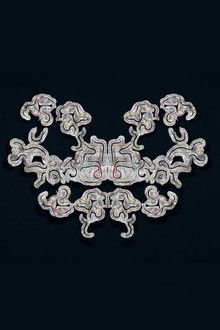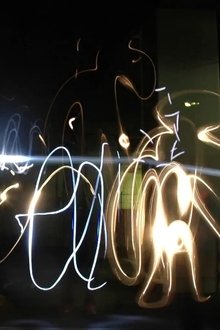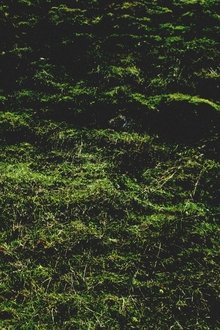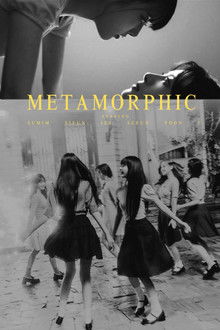Black-and-white abstract animated short of light, shadows, and reflections by The Dodals (Karel Dodal (1900-1986) in collaboration with his wife, Irena Dodalová).
Related Movies

Drums West (1961)
This newly rediscovered short was created in Jim's home studio in Bethesda, MD around 1961. It is one of several experimental shorts inspired by the music of jazz great Chico Hamilton. At the end, in footage probably shot by Jerry Juhl, Jim demonstrates his working method.
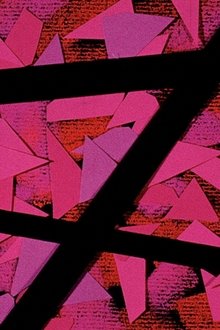
Shearing Animation (1962)
An abstract animated film inspired by the work of jazz musician Chico Hamilton.
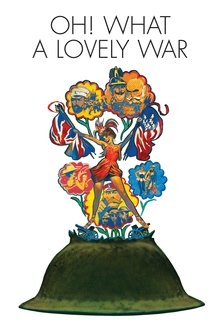
Oh! What a Lovely War (1969)
The working-class Smiths change their initially sunny views on World War I after the five boys of the family witness the harsh reality of trench warfare.
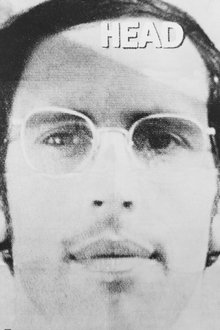
Head (1968)
In this surrealistic and free-form follow-up to the Monkees' television show, the band frolic their way through a series of musical set pieces and vignettes containing humor and anti-establishment social commentary.
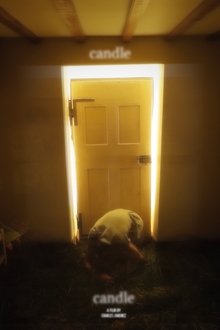
Candle (2021)
Confined to an endlessly burning waiting room, a dying sedentary woman experiences herself blurring in and out of her body. In her last remaining fragments she tries to make amends with her spirit before her remaining fragments either decay or create.
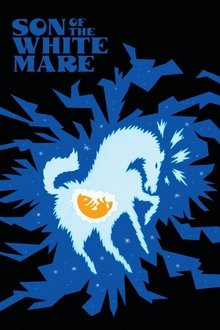
Son of the White Mare (1981)
A horse goddess gives birth to three powerful brothers who set out into the Underworld to save three princesses from three evil dragons and reclaim their ancestors' lost kingdom.

Peace on Earth (1939)
Two baby squirrels ask grandpa to explain what "men" are when he comes in singing "peace on earth, goodwill to men". Grandpa tells the story of man's last war. This classic animation short was an Academy Award Best Short Subject, Cartoons nominee.
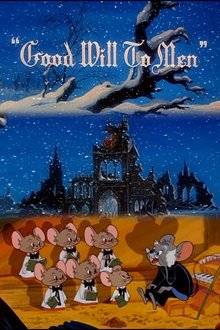
Good Will to Men (1955)
A group of young mice is in the ruins of a church, practicing singing for an upcoming service. After singing an adulterated version of "Hark! The Herald Angels Sing," the mice wonder about the last line, "Good will to men." One of them asks the choirmaster, an old mouse, "What are men?" The old mouse explains that they all killed each other off by building bigger and more destructive weapons, first guns, then missiles, then bombs.
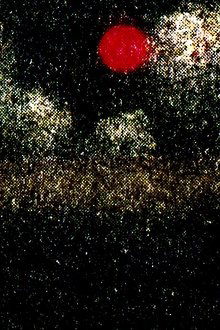
Anoche (2017)
Three memories that become one. An attempt to merge heterogeneous materials: a film sequence shot in Rome, a photo from the 1930s, a noisy soundtrack. Fragmented lines, exploding bass frequencies and flickering.
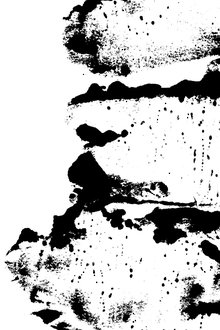
Claire (2016)
Claire is composed of digital scans and blow-ups of a series of three ink-on-paper artworks created in 2012 by French-Spanish researcher, publisher and artist Claire Latxague. While collecting drawings, written documents and other printed materials for a (yet unreleased) project called Un film de papier, I’ve stumbled upon Latxague’s artwork, entitled À la renverse. The blow-ups were made in an attempt of unearthing cartographic imagery in abstract compositions.
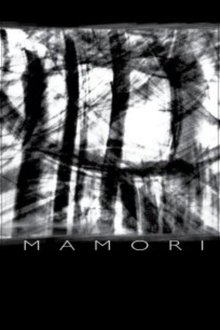
Mamori (2010)
Mamori transports us into a black-and-white universe of fluid shapes, dappled and striated with shadows and light, where the texture of the visuals and of the celluloid itself have been transformed through the filmmaker’s artistry. The raw material of images and sounds was captured in the Amazon rainforest by filmmaker Karl Lemieux and avant-garde composer Francisco López, a specialist in field recordings. Re-filming the photographs on 16 mm stock, then developing the film stock itself and digitally editing the whole, Lemieux transmutes the raw images and accompanying sounds into an intense sensory experience at the outer limits of representation and abstraction. Fragmented musical phrases filter through the soundtrack, evoking in our imagination the clamour of the tropical rainforest in this remote Amazonian location called Mamori.
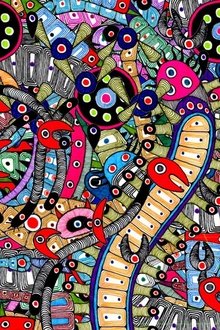
Jam (2009)
The idea of JAM was conceived while I was attending the Ottawa International Animation Festival in 2008.After returning to Japan, I soon began making the film and completed it in four months.This film is based on a very simple idea: the increasingly varied the sounds, the greater is the number of creatures. I wanted to rid myself of the frustrating experience of making Devour Dinner, which was highly unsatisfactory from the viewpoint of the movement in the film. My intention in this film was to fill the screen with chaotic movements.

Calypso (1955)
Hand painted directly onto film stock by Margaret Tait, this film features animated dancing figures, accompanied by authentic calypso music.
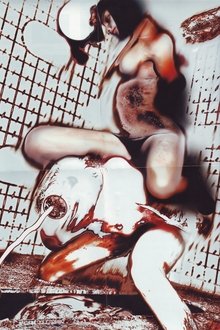
Bag (2001)
袋 Fukuro (Japanese for "bag" or "sack") is a 3-minute short film from 2001. It features Pyramid Head and a Lying Figure from Silent Hill 2, the Fukuro Lady, and many monsters from early sketches for Silent Hill 2. The film contains disturbing, surreal imagery.
